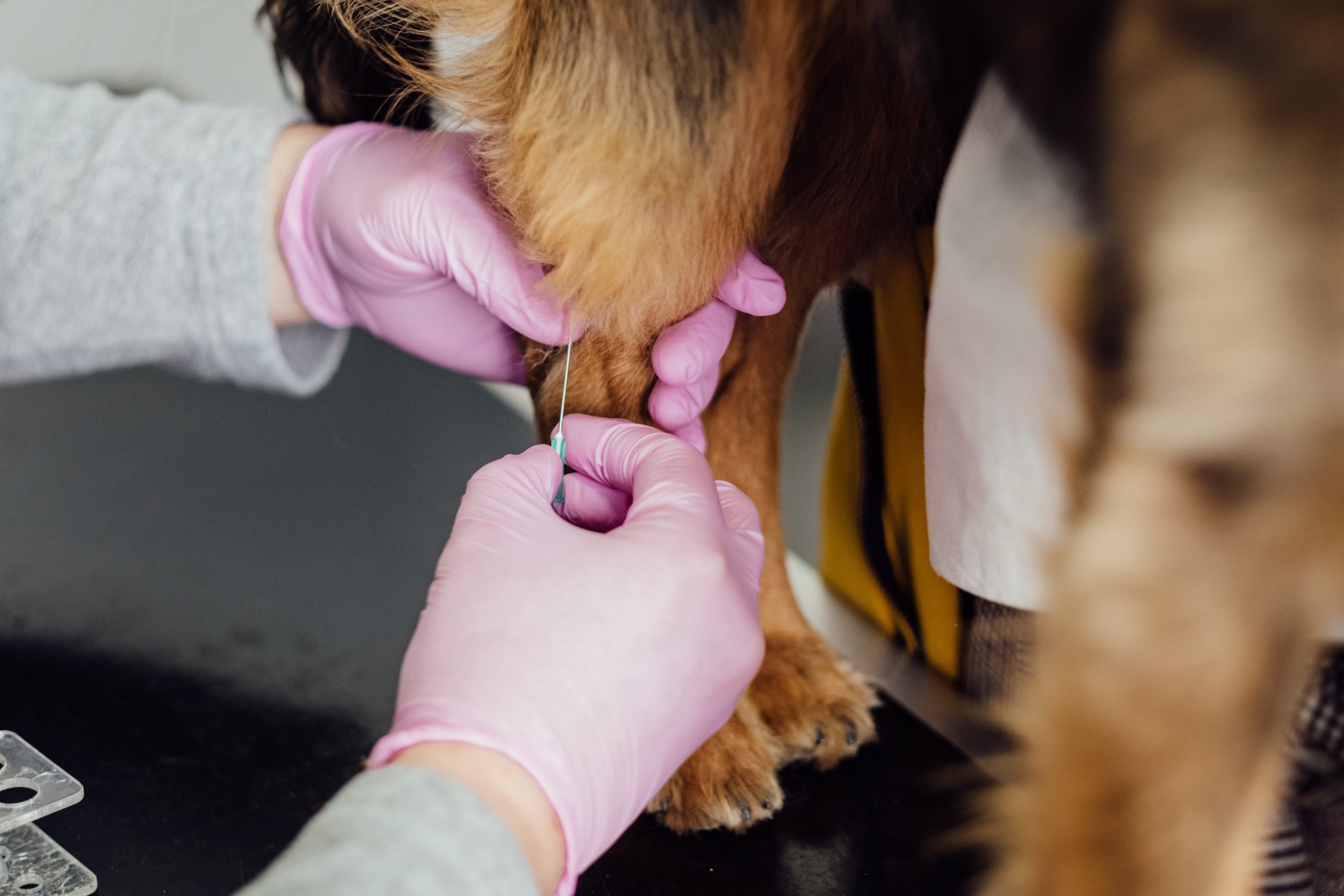When Does a Veterinarian Advise Pet Surgery?
Taking care of a pet is a big responsibility that goes beyond food, shelter, and affection. Pets, like us, can have health problems ranging from common cold to serious diseases. Like us, they need medical attention, sometimes even surgical interventions. It can be challenging to understand when your pet might need to undergo a surgical procedure. This article aims to shed light on when pet surgery may be required and what it involves.
An Overview of an Animal Hospital
The term “Animal Hospital” might bring to mind a place where pets are rushed in during emergencies. But the truth is that animal hospitals offer varied and comprehensive healthcare services for our pets. They are well-equipped to handle routine as well as complex pet health issues.
- Multi-Faceted Care Centers: A local veterinarian in Williamsburg would likely be based in an animal hospital that is geared to provide wide-ranging pet healthcare services, from routine check-ups to emergency interventions.
- Professional Medical Staff: Animal hospitals are staffed with professionals trained in veterinary medicine, ready to tackle a myriad of pet healthcare needs. They ensure that your pet receives the highest quality of care possible.
- Emergency Services: Equipped with the necessary infrastructure to handle emergencies, they conduct regular critical care for pets, as well as specialized pet surgeries when needed.
- Premier Healthcare Facilities: Today’s animal hospitals come equipped with state-of-the-art facilities, offering a broad spectrum of pet healthcare services, mirroring human hospitals in many ways.
Types of Veterinary Services
Veterinary clinics serve multiple purposes in the health and well-being of your pets. Apart from routine check-ups and vaccinations, they provide multiple standard and specialized services.
- Totality of Care: Pet health services, including pet dental care, animal orthopedic surgery, and veterinary oncology, are offered as standard services, extending the umbrella of complete pet care.
- Pet Dentist: With a professional pet dentist taking up the responsibility of examining, cleaning, and treating a pet’s teeth, as well as performing extractions, and treating periodontal disease, your pet’s oral health is in good hands.
- Preventive Measures: Veterinarians, with their expansive range of services, can effectively address, treat, and work to prevent various health issues, ensuring complete pet care.
Deciding on Pet Surgery
Deciding on whether an animal should go through surgery depends on many factors. Sometimes diseases or conditions are so severe that the only way out may be a surgical procedure.
- Severe Health Conditions: Health conditions like tumors, severe infections, chronic illnesses that do not respond to regular medication and treatments, or traumatic injuries might require surgical intervention.
- An Informed Decision: When such circumstances come up, your veterinarian will discuss the benefits and risks of surgery, talking through the expected recovery period and achievable outcomes. Pet owners should learn more about their pet’s health situation to make an informed decision regarding surgery.
Specialized Pet Surgeries
As veterinary medicine advances, so do the surgical procedures that pets can now benefit from. Complex and specialized pet surgeries are now possible with the right knowledge and equipment.
- Diverse Specialized Surgeries: Animal hospitals may have orthopedic, neurological, cardiological, and even oncological surgeries for treating different severe health problems in pets.
- Modern Diagnostic Services: Thanks to the widely available pet radiology services, veterinarians can identify underlying health issues that might need surgery. These diagnostic tools are of great help in probing into the intricate health issues.
Neuter and Spay Procedures
Neutering and spaying are the most common surgical procedures for pets. These are mostly carried out to control the pet population, though they also have health and behavioral benefits for pets. Spaying, which is a surgical procedure for female pets, and neutering, which is for males, prevent your pets from producing offspring. These are known to enhance your pet’s lifespan and manage their behavior.
Rehabilitation after Surgery
Now, just as after human surgeries, pet rehabilitation is essential. Depending on your pet’s condition, post-surgery rehabilitation could include varied therapies.
- Rehabilitation Role: Properly Vet-guided rehabilitation can do wonders during your pet’s recovery phase. It includes diverse therapeutic interventions to accelerate healing and recovery.
- Form of Therapies: Therapy could involve anything from wound care to intense physical therapies to help your pet regain strength and mobility. You can also try to visit your local vet to learm more about what they have to offer.
Conclusion
Being a pet owner is a gratifying experience, but it also means dealing with the health challenges pets can face. Regular health check-ups can help in early detection of diseases, potentially avoiding the need for surgery. Nevertheless, if your pet does end up needing surgery, knowing when and why it happens can offer some reassurance. Regular consultations with your veterinarian can pave a clearer path to your pet’s wellness. VCaring for a pet’s health, therefore, should always be an informed decision, understanding the potential need for surgeries along the way.
